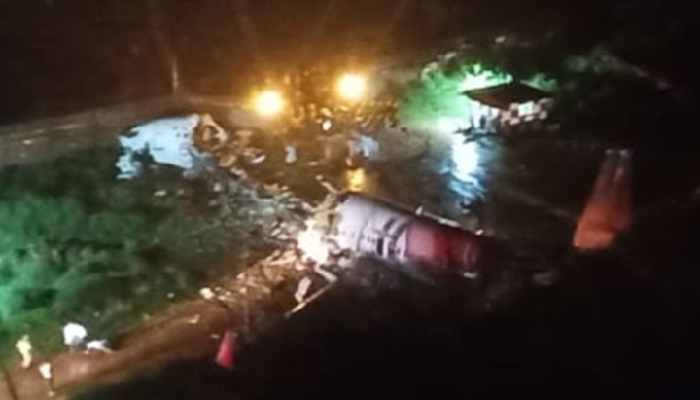Dubai, Oct 27: In Dubai, anyone caught selling fireworks can be jailed for up to three months, or handed down fines of up to Dh5,000. The Dubai Police, however, have noted that the practice has largely been curbed as a result of awareness initiatives held among the community.
In Dubai, event organisers need to have the permission of the Dubai Police and Dubai Municipality before using them.
Heavily regulated
Over the last few years, Dubai Municipality inspectors have been cracking down on the illegal sale of fireworks during Diwali.
The police have noted that fireworks can threaten the safety of both people and property, and cause material damage as well as environmental pollution.
Fireworks pose great dangers to youngsters who are ignorant of the consequences and risks of dealing with them.
Punishment and fines
In Dubai, anyone caught selling fireworks can be jailed for up to three months, or handed down fines of up to Dh5,000.
Consequences
The consequences of using firecrackers include severe burns and injuries that can cause permanent disability and permanent hearing difficulties caused by loud sound. Firecrackers also cause severe injuries to eyes and face as these can rupture the eyeball, burn the eye and face, cut eyelids and cause corneal abrasions.
Police warn children against use of fireworks
The police have reminded parents that it is their duty to protect their children from the dangers of firecrackers. They need to cooperate with the police by monitoring their children and forbidding them from buying and using firecrackers.
Parents of children caught using firecrackers can be held accountable for their actions, the police warned.
The police also urged the public to report the use of firecrackers or stores that sell them.
In the past, there have been cases where violators found stocking firecrackers were arrested and referred to courts. In 2015, the police seized 23 tonnes of firecrackers, compared to 28 tonnes in 2014 and 13 tonnes in 2013.






Comments
It all about ban on illegal sale. No ban on festival. the media must not use words that fabricate the new in negative
Add new comment